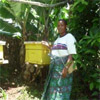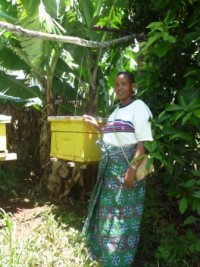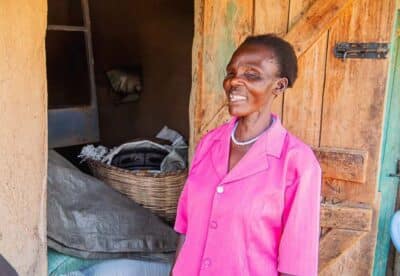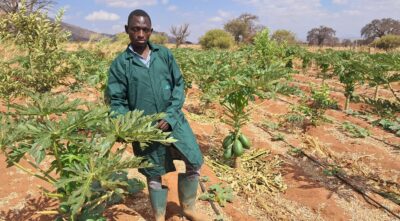News
5 September 2012
Sweet success for Tanzania forestry project


Beekeeping: sweet profits that are protecting Tanzanian forests
We have recently played a major role in reducing deforestation in Tanzania’s Nou Forest.
Our success comes from helping 649 households to find new and sustainable ways of earning income from the forest’s resources that do not involve cutting down trees to sell for firewood and charcoal.
These new enterprises, which will play a major role in preserving the forest’s natural resources for future generations, are: beekeeping and honey production, mushroom farming, fish farming, raffia weaving and tree nurseries. Each has now established itself as a successful business that is already providing forest-based farmers with much-needed enterprise opportunities.
Real income from sustainable enterprises
For example, in recent months we have distributed 500 hives to seven beekeeping groups. Ninety percent of these hives are now active, with each hive on average producing 5 kilos of honey this season. And strong local demand for honey means each beekeeper is now earning an average of 640,000 Tanzanian shillings (£252) from sales.
And to make beekeeping more sustainable, we have brought beekeepers together to form and develop beekeeping associations. These groups will enable farmers to get better prices for their honey through collective branding and by selling in bulk to local markets.
Changing attitudes to protect the forests
This success has been replicated in similar work with mushroom farming, raffia weaving, fish farming and tree nurseries.
And the hugely positive result of all this work has been to demonstrate to local communities the value of new opportunities created by the forest’s resources, increasing their determination to protect it and their long-term livelihoods.
To support this, and our other project work, please make a donation.




